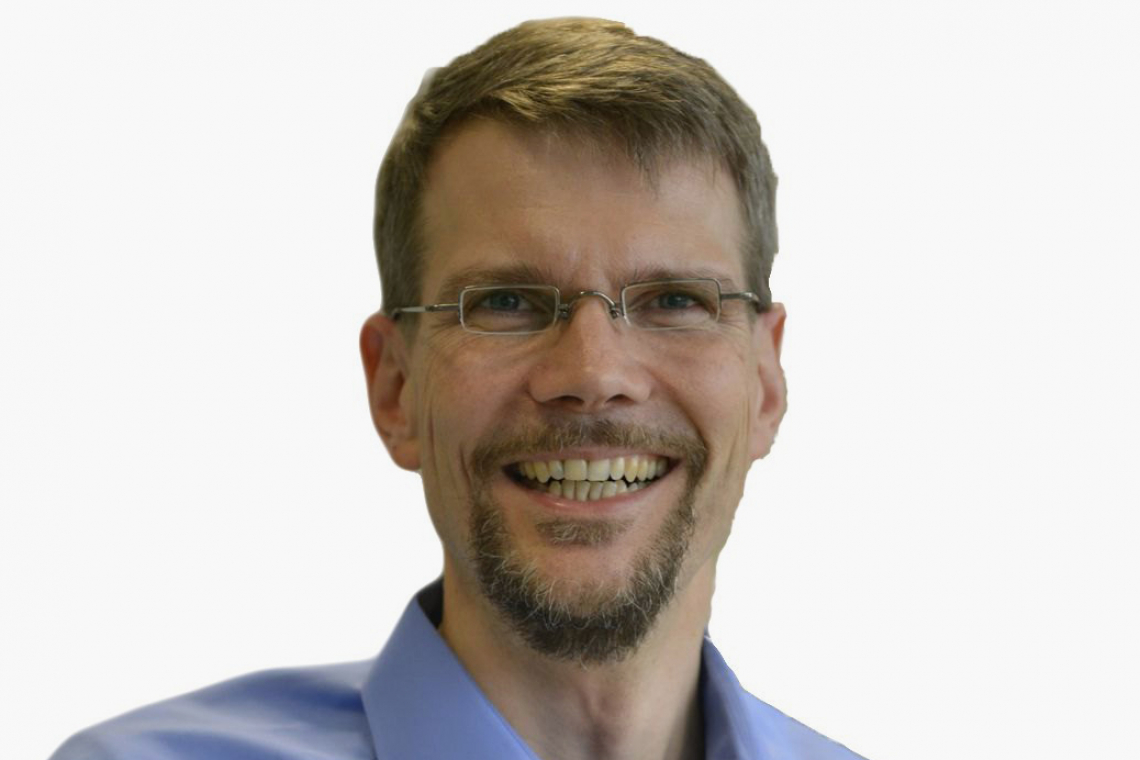Rarely have I been so often envied by friends and colleagues (both m/f/d) for my career change as two years ago, when I moved from product management at a Swabian-global technology company to the Start-up Center at the Eberhard Karls University of Tübingen [1]. And as everyone expected, the tasks are extremely varied and exciting.
In the innovation lab, I support people from the university who are interested in setting up their own business in various areas and by providing individual advice and support. I also see it as my task to arouse interest in prototype and product development at a university without engineering sciences and to promote start-up intentions. This in turn gave rise to a number of key questions for the innovation lab and for the design of events:
- What helps students interested in start-ups, what content and background is important?
- Where does innovation work in start-ups and established companies and where are there role models and best practices?
- How do I motivate people to come up with new ideas and to do things themselves, and how do I convey technical basics and product development topics?
Looking back to the time from 1995 onwards helped a lot, as I had founded a company myself at the University of Tübingen together with fellow students [2].
I was active there until 2007 - for many years also in electronics and PCB development for sensor systems, from hydrogen sensors to so-called 'electronic noses'.
Unfortunately, 25 years ago, the university only provided moral support at best - and even today, the innovation lab's budget is very limited, especially in comparison to technical universities. This makes it all the more important to select topics, limit the offerings to the essentials and take into account feedback from participants, which is incorporated into the events as part of a continuous improvement process.
"At the workshop, some participants hold a circuit board in their hands for the first time."
During the pandemic, four product development events were offered in online format, one of which was dedicated entirely to the topics of electronics and PCB design. Both together form the indispensable core of many of today's products. The link between product requirements and technology development for printed circuit boards can also be demonstrated using examples, such as LCD displays, which require microfine conductor technology in high volumes. Another example is the reliability of electronics and PCBs for automotive applications, a topic I also worked on for several years as a project manager [3].
The Innovation Lab is currently offering a series of nine three-hour workshops, each with a limited number of participants. These 'flashlights' offer insights into fundamental, technical and commercial aspects of product development and also provide practical experience. The small number of participants allows the knowledge background to be taken into account almost individually and during the event. In the electronics workshop, for example, some participants hold a circuit board and an IC in their hands for the first time and plug in or solder together a circuit; LT Spice and Simulink can be used to simulate simple or, for advanced users, quite complex circuits. Videos provide an insight into the status of mass production and the processing of current miniaturized component formats.
Fusion360 is used in the PCB workshop [4], circuit diagrams are drawn, libraries are created, the PCB layout is worked on and the connection to mechanical CAD is tried out. PCB manufacturing processes and options for contract manufacturing of prototypes and series will be shown, as well as insights into historical designs of electronics and, of course, cost and market aspects.
The workshops also touch on very fundamental topics of product development, e.g. market aspects, megatrends, company structures and processes, quality management, the legal environment with security, liability, intellectual property and also individual concepts and methods such as pretotyping, first time right, TRIZ and many more. As hardly any physical or software product finds a buyer purely on the basis of pragmatic aspects, the topic of hedonic, i.e. 'emotional' quality and its recording is also dealt with. In addition to technology, creativity and an understanding of design also play a major role in the development process - and this, of course, results in new requirements for all components, including the electronics and the printed circuit board.
Feedback on the courses and events to date has been extremely positive. For a good third of the participants, the topic of developing and manufacturing electronic products and PCBs was completely new. Almost all participants liked the concept of presenting product development as comprehensively as possible and from a wide variety of perspectives. And when a workshop lasts over four hours (without a break) instead of three (with a break) due to the many questions, I am absolutely delighted with the high level of interest - because I am not subject to strict time management at university as I am with product development in industry.
References
[1] www.uni-tuebingen.de/gruenden
[2] Today www.sciosense.com
[3] https://www.edacentrum.de/trace/
[4]www.autodesk.de/products/fusion-360


